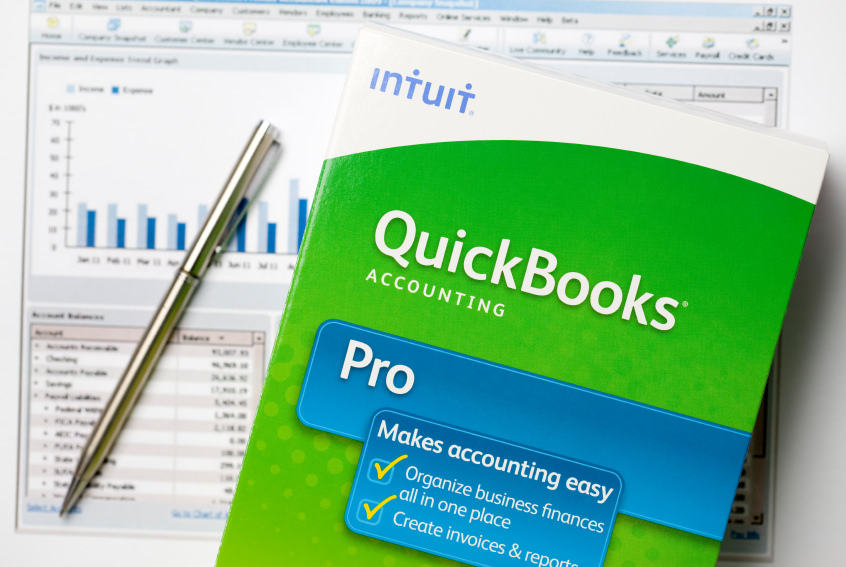Fixed deposit is an investment option which is balanced with both: Returns and Risks. Although the investment is the most preferred option; these day’s people are seen to be disappointed with its returns. Perhaps the reason behind this disappointment can be the drop down of interest rates post-demonetization. Fixed deposit (FD) is always considered as a much favourable choice than savings since the returns earned are comparatively high. But as the rates have dropped down, the investors might have to think about parking their funds in savings rather than investing it.
Before you change your mind, it is important to consider other financial institutions too, who offer fixed deposit investments. Banks are not the only ones providing the fixed deposit service; there are highly reputed NBFCs which are providing it too. The FD offered by the NBFCs are called as company fixed deposit. Despite the repo rate cut down, NBFCs still manage to offer best-fixed deposit rates which are higher than banks. Yes! You read it right, you can earn higher returns by investing in company’s fixed deposit, plus there are many schemes and facilities you can gain from. Owing to the favourable fixed deposit conditions, you no longer need to resort to less interest offering saving options.
Here are some things that you should know about fixed deposit investments:
1. Secured Investment:
As fixed deposit does not depend upon the market conditions, the interest offered on it is fixed throughout the loan tenure. This makes the investment a safe option to allocate your funds in. Whereas, the returns offered on the high-risk investments depends upon the market conditions which makes them risky. There is no such guarantee that you might always earn higher returns as there can be times when you might face a loss. This is not the case with fixed deposit. Besides, there are some NBFCs who are awarded ICRA’s MAAA rating and CRISIL’s FAAA rating which means, they are reliable as well as safe to invest in.
2. Flexibility:
With a safe investment option, fixed deposit also provides flexibility with its tenure. You are free to choose any tenure period ranging from one year to five years. Also, you can reinvest in FD if your account matures.
3. Interest rates:
The interest rate is a very important factor to consider when it comes to investments, as it decides the returns you will be earning over the fixed deposit. Fixed deposit interest rate offered by every financial institution differ, which is why it is important to compare FD rates and then apply for it. Also, as mentioned above, investing in NBFC’s fixed deposit can benefit you with higher FD returns in comparison to banks.
4. Tax deduction:
In case, if you are investing a lump sum amount and the interest offered on your investment is above INR 10,000, then you might have to pay taxes. To escape from this tax deduction, you can split the money and invest it in different FD accounts. Also, you can apply for Section 80C to benefit from the tax deduction.
5. Senior citizen fixed deposit:
If you are a senior citizen, you can benefit here, as you can invest your pension funds and earn higher FD returns compared to normal FD accounts by parking your funds in senior citizen fixed deposit. Although post-demonetization has brought down interest rates on normal FD account, the rates offered on senior citizen fixed deposits have increased.
Though rates offered on a fixed deposit have dropped down, investing in a company fixed deposit can earn you higher returns. If you are planning for an investment, then NBFCs such as Bajaj Finserv offers highest Interest on FD Rate as well as provide different schemes and facilities that can benefit you.






















